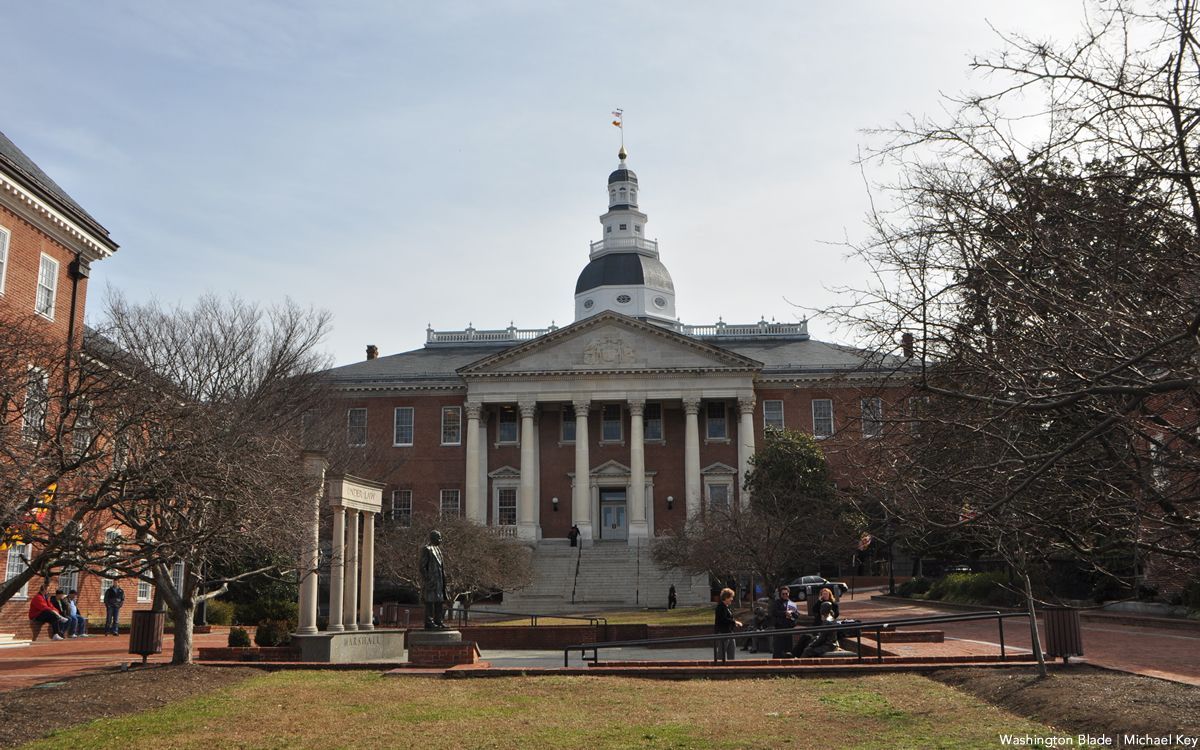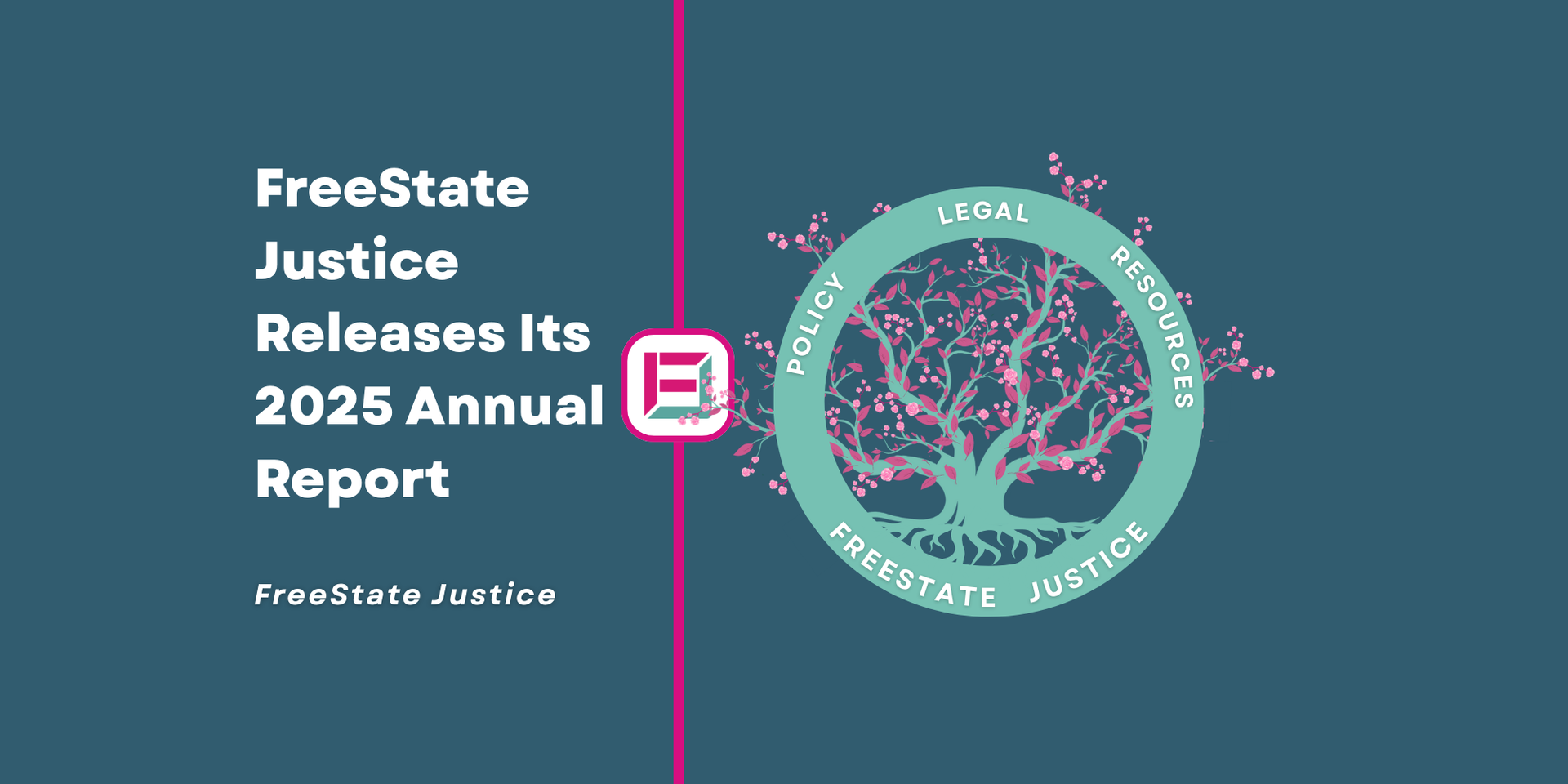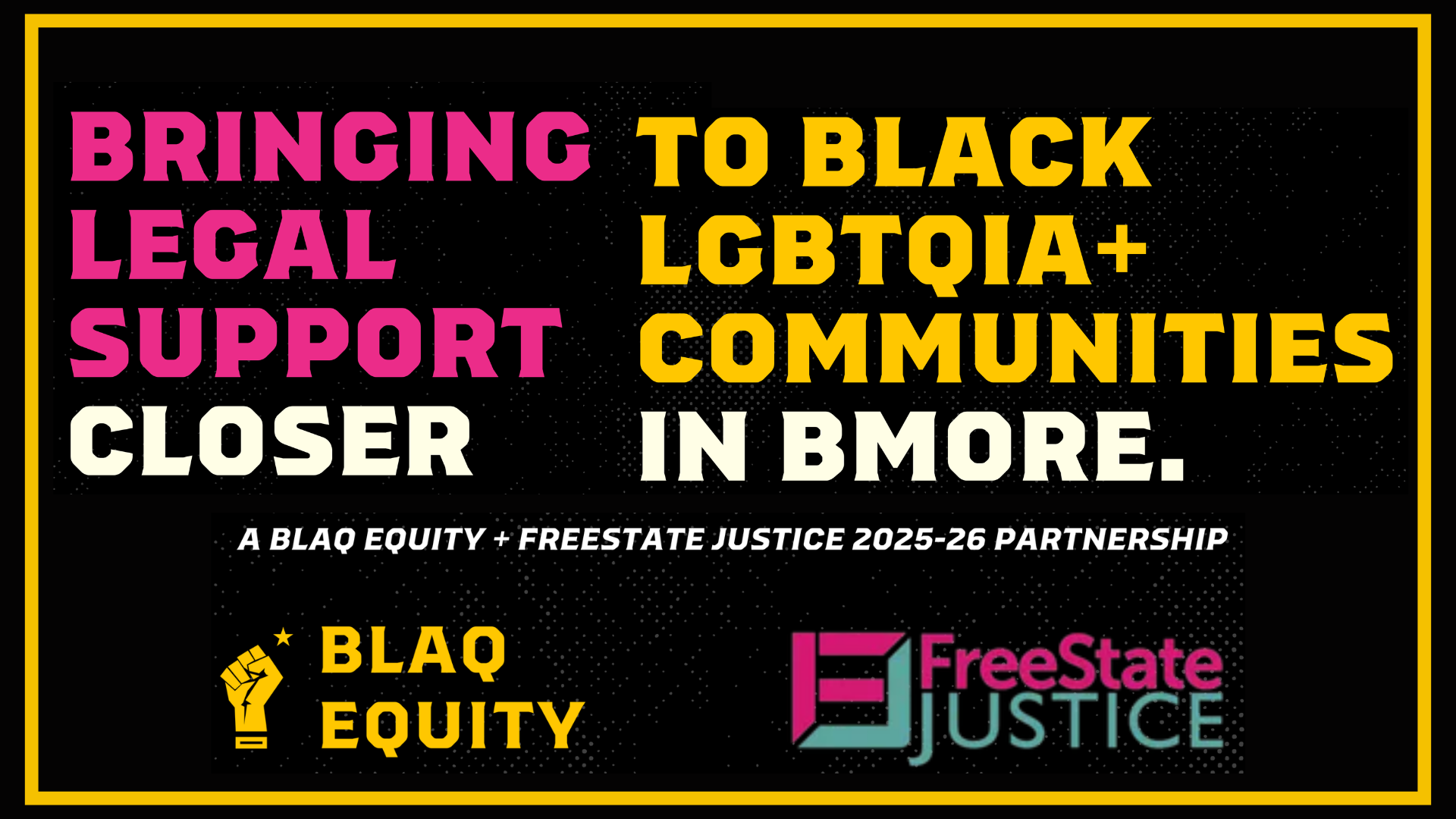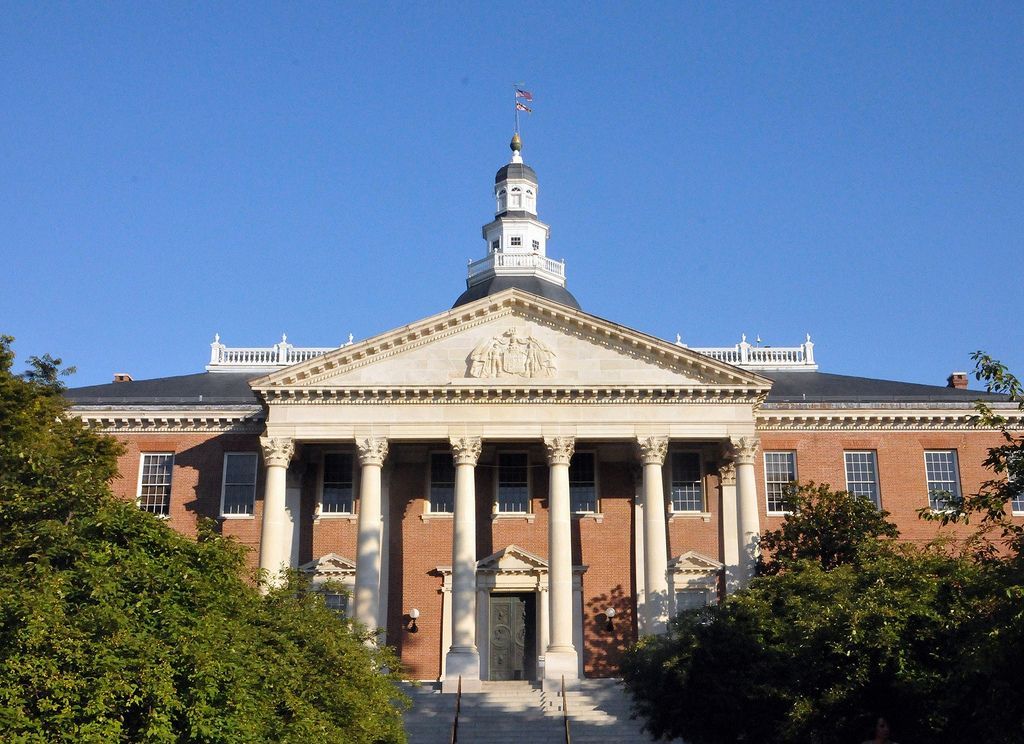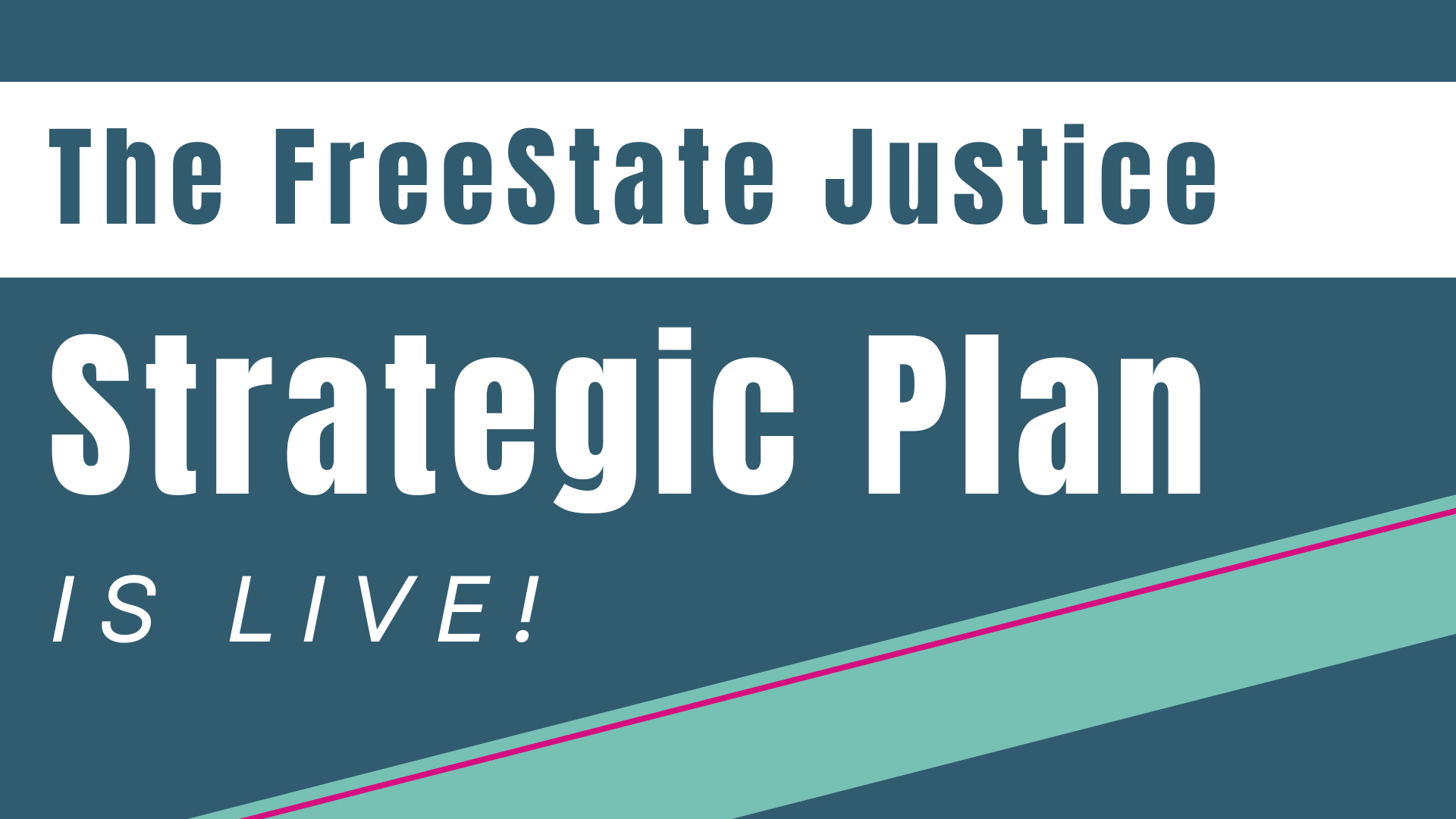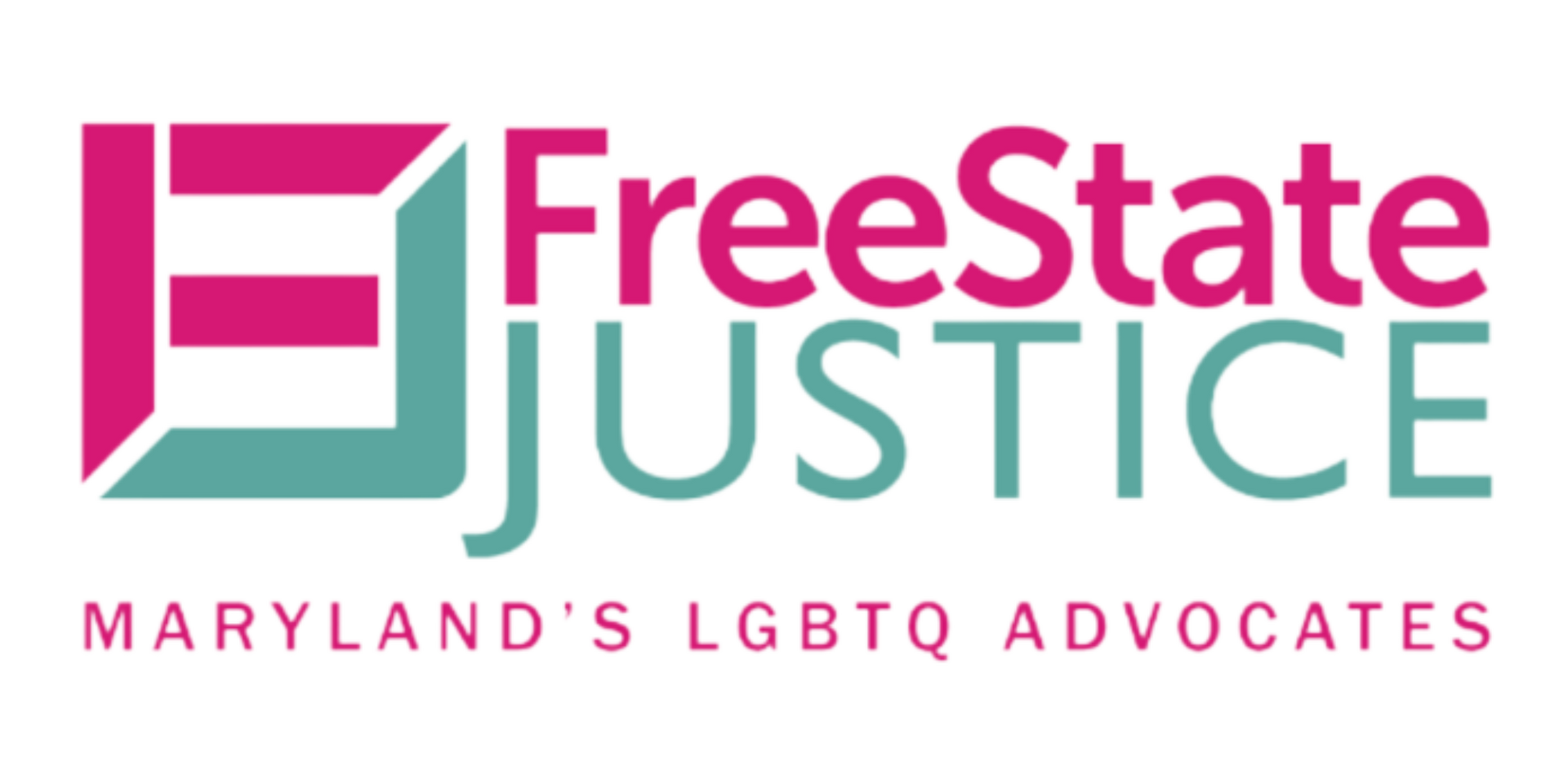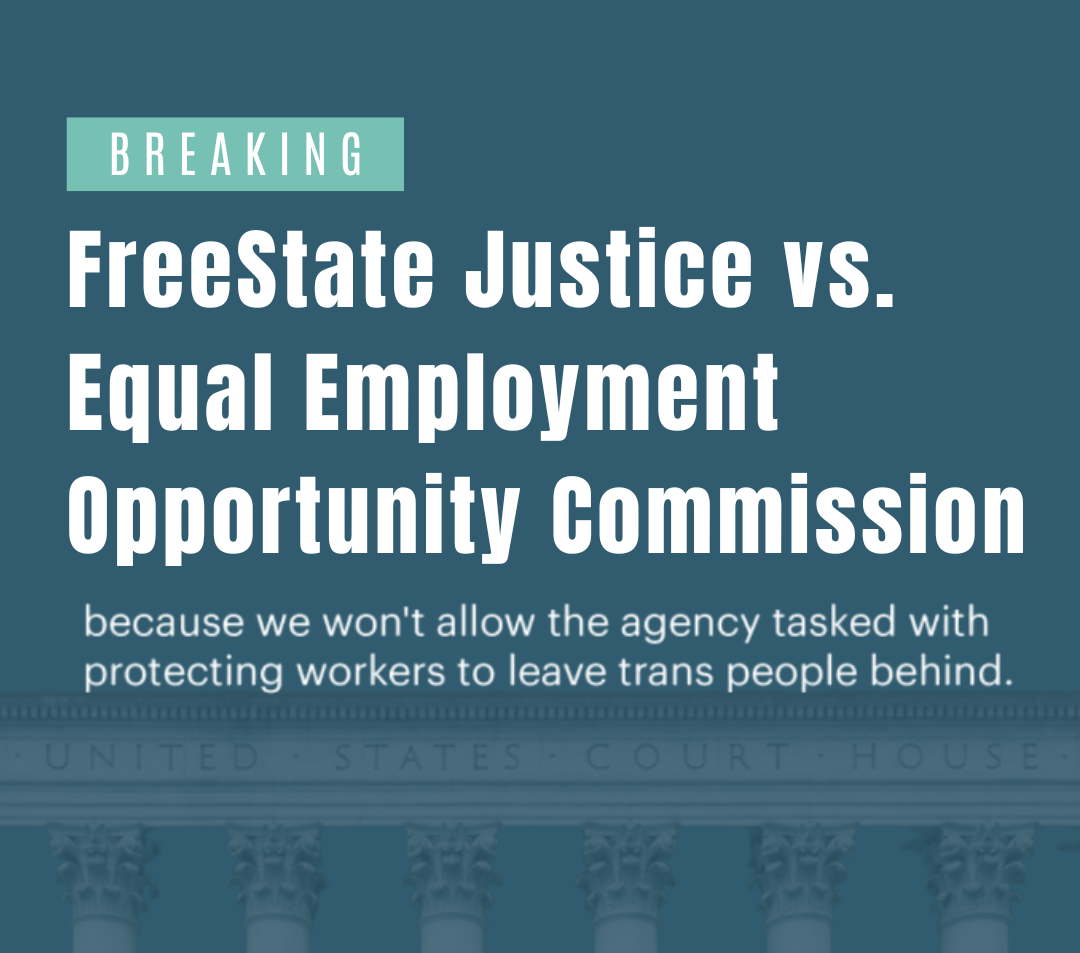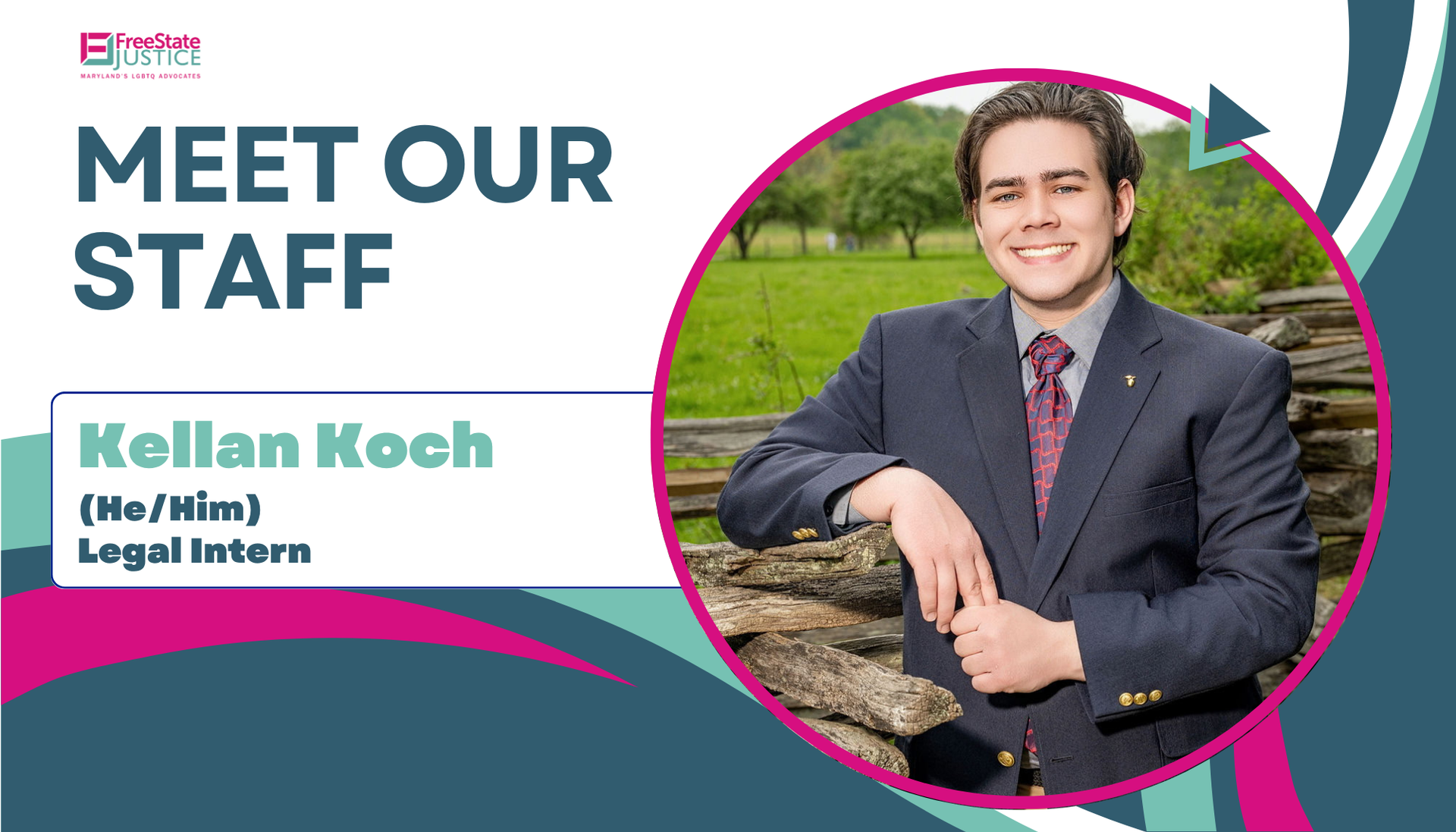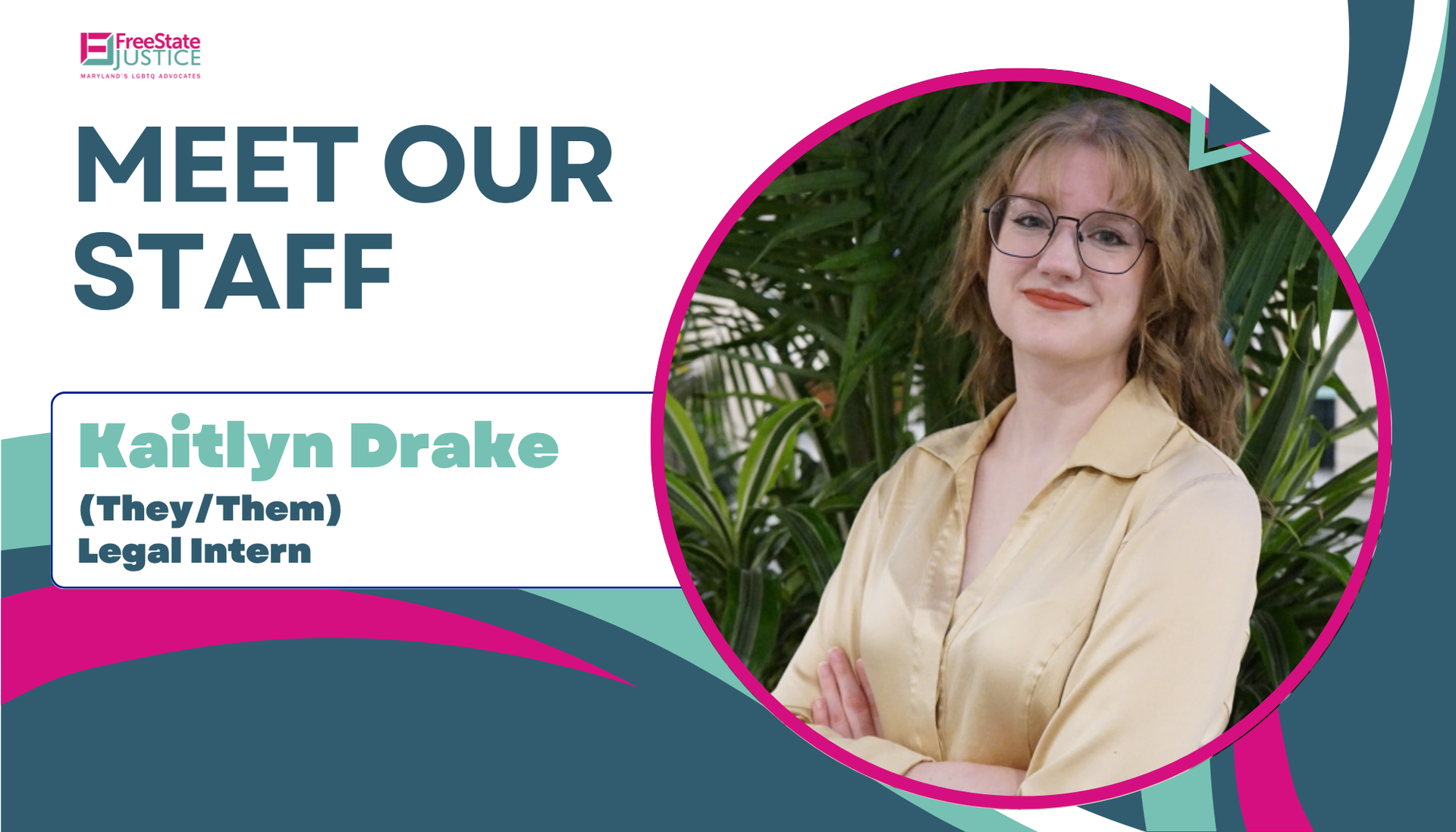SAFEGUARDING TRANS RIGHTS THROUGH A STORM OF ANTI-TRANS LEGISLATION
SAFEGUARDING TRANS RIGHTS THROUGH A STORM OF ANTI-TRANS LEGISLATION
Be aware of what's happening so we can prevent it in our State!
The current legal landscape of pro- and anti-trans legislation in the United States is deeply troubling. Since the beginning of 2023, the American Civil Liberties Union (ACLU) has cataloged nearly 500 anti-LGBTQ+ bills introduced in state legislatures. While 153 of these bills have been defeated, 62 have become laws, and 272 are continuing to advance, at the time of this writing. Many of these bills specifically target trans people by restricting access to gender-affirming care, bathrooms, and school sports as well as by prohibiting classroom discussions about sexual orientation and gender identity and by prohibiting teachers from using students’ chosen names and pronouns without parental permission. We think it is especially troubling that even though most Americans do not support these kinds of bills, support for anti-trans legislation is growing, according to a recent PBS poll. We are also disturbed by how gerrymandering and discriminatory voting restrictions enable legislators to continually introduce anti-LGBTQ+ bills without fear that such action will hinder their electoral prospects.
It is extremely frightening for our community to have legislation that is attacking our basic existence. In early April, for instance, Idaho Governor Brad Little signed into law a bill that makes providing gender-affirming care to children a felony punishable by up to 10 years in prison. A similar bill which was recently signed into law in Indiana requires that physicians stop providing gender-affirming care to children who had previously been receiving it on January 1, 2024, or face civil penalties. Meanwhile, in Arkansas, a new law prohibits transgender students in pre-K through 12th grade from using a bathroom consistent with their gender identity and another new law prohibits teachers from using a transgender student’s preferred name and pronouns without the written permission of the student’s parents. Ironically, the stated purpose of this second law is to protect teachers from compelled speech.
The high volume and wide variety of anti-trans bills should be alarming to all because we will see those same bills copied-and-pasted, across the U.S. If it works in one state, then proponents will bring it to other states. This year, the Kansas state legislature overrode their governor’s veto to enact a law requiring schools to designate interscholastic and intramural sports teams as being for male students, female students, or a coed team and prohibiting students whom the law defines as “male” from playing on a women’s or girls’ team. A few days later, North Dakota passed a law that is indistinguishable from the one adopted in Kansas. Neither law seemingly prohibits students whom the law defines as “female” from playing on a male sports team. Even progressive states such as Maryland are not immune:
during this year’s legislative session, an anti-trans bill titled “The Save Women’s Sports Act” was introduced in the House of Delegates, only to fail after an unfavorable committee report. It used the same language as the bills adopted in North Dakota and Kansas.
This onslaught of anti-trans legislation can bring on feelings of ennui or weltschmerz, the feeling that reality will never reach an individual’s expectations of the life they want and deserve. Thus, we would be remiss not to highlight the passing of some protective measures and the defeat of several discriminatory measures. States such as New York, Illinois, California, Colorado, Oregon, and our home state of Maryland have passed legislation to ensure the protection of LGBTQ+ people. These laws include non-discrimination provisions that protect sexual orientation and gender identity, inclusive school policies, and make gender-affirming healthcare more accessible for transgender people. The biggest win of Maryland’s recent legislative session was the passing of the Trans Health Equity Act without amendment; starting January 1st, 2024, the Maryland Medical Assistance Program will provide gender-affirming treatment in a non-discriminatory manner, giving trans-Marylanders access to life-saving medical care. In March, a Transgender Bill of Rights was introduced in Congress as well, and although it is unlikely to pass in the current Congress, its introduction shows that the trans community does have allies in the federal government. Additionally, while the U.S. House of Representatives recently passed a bill that would prohibit transgender girls and women from playing on girls’ and women’s sports teams at schools that receive federal funding, the bill is almost certain to fail in the Senate. According to the Associated Press, President Biden has also promised to veto the bill should it reach his desk, and opponents of the trans community lack the supermajority needed to override a presidential veto. Finally, the Associated Press has also reported that laws banning gender-affirming care have been successfully challenged in court in Alabama and Arkansas.
We appreciate that there have been steps taken to protect the trans community in Maryland and other progressive states. Ultimately, a significant amount of work remains to be done at both the local and national levels. For people who live in progressive states such as Maryland, directly supporting transgender people in states where anti-trans legislation is being passed may be difficult because legislators in states such as Idaho and Arkansas do not need to be concerned about the opinions of Marylanders. However, for those who want to do more than just say “I support trans people,” getting involved in local and national politics can be invaluable. Supporting federal, state, and local lawmakers who are vocal about their support for the transgender community is extremely helpful, as is letting your representatives and senators know that you support legislation like the Transgender Bill of Rights and oppose any anti-trans legislation. We are dealing with a patchwork system of discrimination implemented on a state-by-state basis. Therefore, well-crafted national policies that foreclose the possibility of states banning gender-affirming care or prohibiting discussions of sexual orientation and gender identity in schools are sorely needed. While the advice of voting and calling one’s representative may seem cliché, it is truly essential given the circumstances. Advocacy groups like FreeState Justice have policy trackers and legislative scorecards on their websites to assist individuals in following pro- and anti-LGBTQ+ legislation and rank sitting legislators or candidates for legislative office on their voting record concerning LGBTQ+ policy.
Notably, some states are becoming safe havens for trans people, and supporting these safe haven policies can be incredibly helpful. Several states, including Maryland, are asking their governors to sign executive orders protecting individuals seeking gender-affirming care similar to orders signed in New Jersey and Minnesota. These orders can establish state coordination to protect gender-affirming care for individuals seeking and entities providing that care. No extradition clauses and sections that prohibit officials from assisting in or using any state time or resources to assist in any investigation of an individual seeking gender-affirming care are important clauses in these executive orders. National Public Radio, BuzzFeed News, and Politico have all reported on families that have chosen to leave their home states to protect trans family members. For these people, progressive states such as Maryland are appealing destinations, and getting involved in local politics can help to ensure that trans people who choose to leave oppressive states can find more welcoming places to settle. Overall, the important thing is to keep progressive states progressive.
At the individual level, the ACLU encourages people to “know the terminology, recognize the humanity, and know the issues” to support transgender people. Additionally, supporting national organizations that are working on the ground to support trans individuals and other vulnerable populations such as LGBTQ+ youth is invaluable. GLAAD maintains a directory of great organizations working tirelessly doing this work. Engaging with friends and family who live in states passing anti-trans legislation and encouraging them to oppose this legislation may also be of use. Individuals should also take steps to make sure that their workplace is an affirming and welcoming environment for transgender people. The National Center for Transgender Equality (NCTE) reports that about 50% of trans people have been harassed at work, 50% reported hiding their gender identity at work, and 30% reported being fired or experiencing discrimination. If the individual is a person of color, we see these percentages increase, revealing how intersectionality, where a person’s various social and political identities combine, increases rates of discrimination. Implementing anti-bias training, programs, and policies can help reduce this by keeping members of an organization informed about inclusive practices and by providing fast and fair methods of addressing incidents of hate or bias.
For professionals, supporting transgender people as a professional may look very similar to supporting trans people in general, and the NCTE has an excellent guide on this. Many professional organizations, including the American Bar Association, the American Academy of Pediatrics, and the National Education Association have become vocal supporters of the LGBTQ+ community. These organizations can be powerful lobbying groups and offer opportunities for their members to help effect positive change at both the national and local levels. When possible, professionals should try to leverage their connections and organizational affiliations to get more people and groups working to support trans people in the ways described by the NCTE. Most importantly, be an ally and speak up when something is not right or you witness harmful behavior or hate speech. There are so many ways to get involved, and it really does matter. Every single person who makes one phone call, writes one letter, testifies on one bill, marches in one parade, donates to one cause, or volunteers at one outreach event makes an impact, and we need everybody working together to stand up against the injustice that we are facing.
Lauren Pruitt is the Legal Director at FreeState Justice and a graduate of Howard University and Georgetown Law School. After working more than ten years in corporate law, she has dedicated the last five years to civil rights specifically focusing on ensuring LGBTQ+ Marylanders receive fair treatment in the law and our society.
Oliver Santos is a rising senior at the University of Maryland, Baltimore County studying political science, English, and mathematics. He is also an editor for the UMBC Review and was a spring legal intern for FreeState Justice. After graduating he intends to pursue further study in law or political science.
